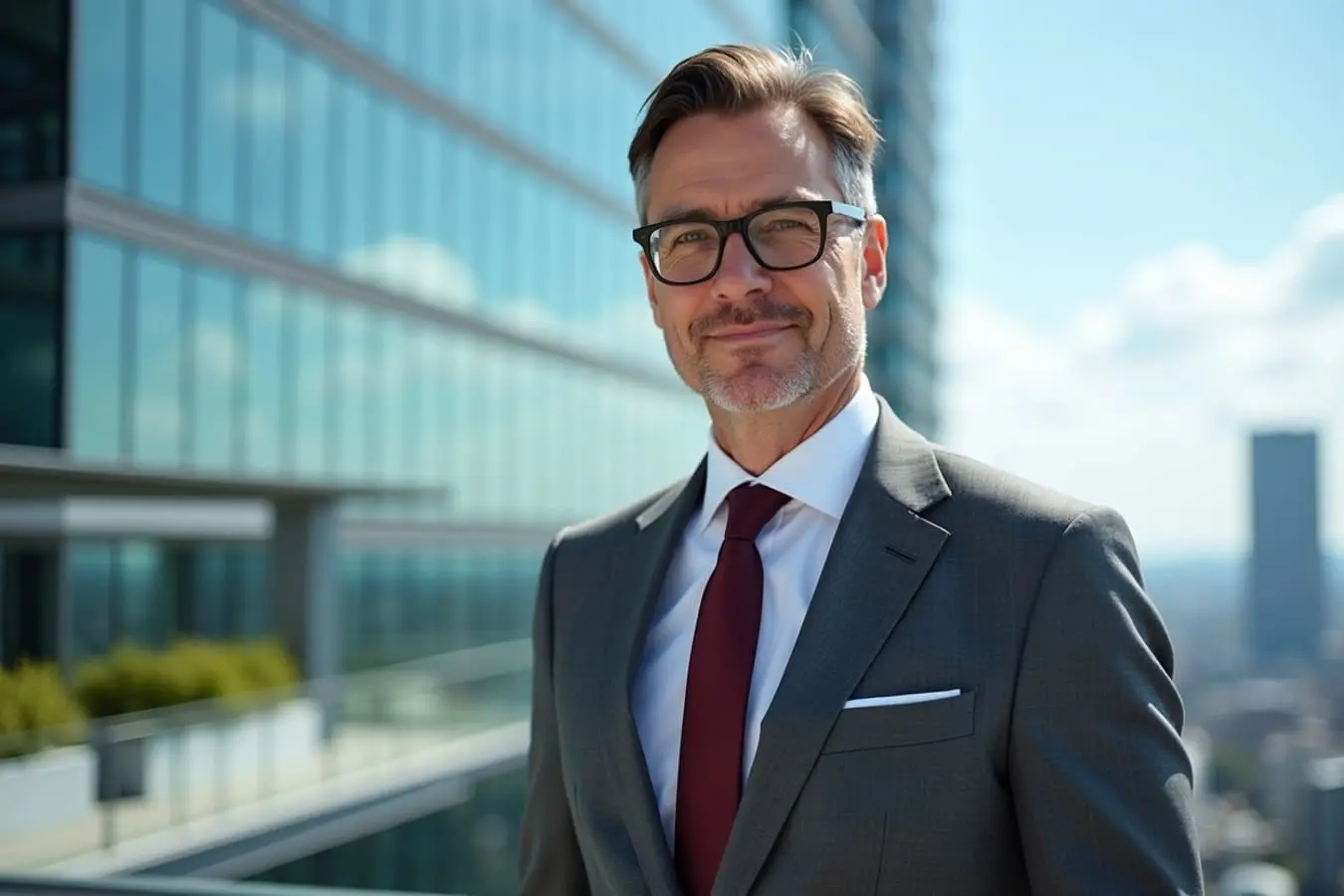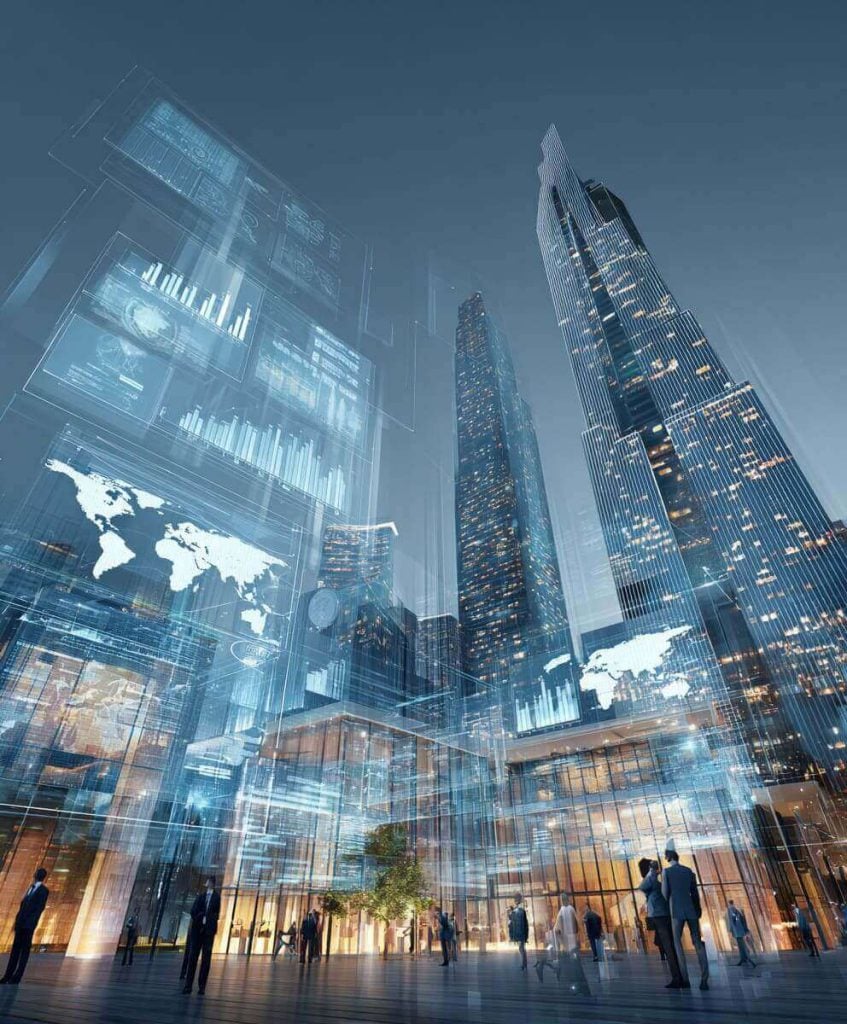Trusted by Global Leaders
How do Fortune 500 companies get market research that actually drives revenue?
SIS International Research is een full-service internationaal marktonderzoeks- en strategieadviesbureau met meer dan 40 jaar ervaring in de sector.
Headquartered in New York City and with on-the-ground offices worldwide, we offer you in-depth insight into the global marketplace, delving deep into consumer patterns, preferences, and motivations to provide you with actionable insights that drive growth and innovation.
NEEM CONTACT MET ONS OP EN WIJ NEMEN CONTACT MET U OP
Wij kijken ernaar uit om van u te horen! Of u nu vragen, feedback of vragen over onze diensten hebt, neem gerust contact met ons op.
Neem contact met ons op
Internationaal marktonderzoeks- en strategiebureau

Consumentenmarktonderzoek
Versnel het inzicht in de consument met ons consumentenmarktonderzoek. We give you an unfair advantage with up-to-date consumer market data, actionable insights – and effective strategies to drive your business success.

B2B-marktonderzoek
Grow faster with our unique B2B expertise. We deliver in-depth market insights, key trends, customer behaviors, and competitive strategies to empower your decision-making and turn data into real revenue for your business.

Marktonderzoek gezondheidszorg
Ontvang actuele inzichten om beter te presteren dan uw concurrenten in de gezondheidszorg. Wij identificeren onontgonnen marktkansen, zodat uw bedrijf kan floreren in de gezondheidszorg en sneller kan innoveren dan uw concurrenten.
Een internationaal marktonderzoeksbureau met een staat van dienst van uitmuntendheid
Wij leveren niet alleen data; wij bieden strategische begeleiding op maat voor uw unieke zakelijke behoeften.
Ons toegewijde team van experts maakt gebruik van geavanceerde methodologieën en geavanceerde analyses om de trends, gedragingen en kansen te ontdekken die het belangrijkst zijn voor uw bedrijf. Wij leveren het 24/7 projectmanagement en de klantenservice die essentieel zijn in een 24/7 wereldwijde economie.
En we hebben de afgelopen decennia samengewerkt met een aantal van de meest prestigieuze en innovatieve bedrijven in verschillende branches. Tot onze klanten behoren wereldleiders als Apple, Pfizer, Samsung, BMW en Coca-Cola.
Over ons
Wat maakt ons bijzonder? Ons wereldwijde bereik en onze superieure B2B-marktkennis zijn onze superkrachten!
Al 40 jaar helpen wij bedrijven, van kleine start-ups tot Fortune 500-bedrijven, om duurzame groei te realiseren met de gegevens die ze nodig hebben om voorop te blijven lopen.
135+
landen
150+
Medewerkers & Medewerkers
70%
Fortune 500-bedrijven
40+
totale jaren ervaring
Online focusgroepen
Onze online focusgroepen faciliteren dynamische en boeiende discussies. We creëren een virtuele omgeving waarin deelnemers zich op hun gemak voelen om hun gedachten te delen, waardoor u rijke, kwalitatieve data krijgt.
🔹Kostenbesparing door besparing op faciliteiten en voedselkosten.
🔹Geen reiskosten meer.
🔹Besparing op de hoge kosten van transcripties.
🔹Rapid recruitment of respondents
Strategisch advies
Wij leveren uitgebreide Strategy Consulting-diensten die u helpen bij het navigeren door marktuitdagingen en het grijpen van nieuwe kansen. Onze experts combineren diepgaande kennis van de sector met geavanceerde analytische tools om strategische inzichten en aanbevelingen te leveren die groei en concurrentievoordeel stimuleren.
🔹Diepgaande studies over marktdynamiek en trends.
🔹Belangrijke informatie over de behoeften en het gedrag van klanten.
🔹Gedetailleerde beoordelingen van concurrenten.
🔹Bruikbare strategieën voor bedrijfsgroei.
FinTech-strategieconsultancy
We offer specialized FinTech Strategy Consulting services that empower financial institutions to innovate and lead in the digital age. We help you answer their most pressing questions:
🔹Wat zijn de trends?
🔹Which FinTech innovations suit which bank
🔹Wat kunnen FinTech en AI voor elke specifieke bank betekenen?
🔹Moet uw organisatie zich intern ontwikkelen?
🔹Welke FinTech-systemen mist u?
🔹Hoeveel geld moet u investeren?
🔹Wat is de positie van hun concurrenten?
AI Business Solutions
Everyone’s talking about AI. We’ll help you actually use it to drive real results.
Everyone’s talking about AI, but most companies are still figuring out what it actually means for their business. We track AI adoption across industries, monitor emerging technologies, and identify opportunities before they become obvious to everyone else.
🔹 Reality check on AI opportunities – We’ll tell you honestly which AI applications make sense for your business (and which ones are just expensive tech demos).
🔹 Custom AI roadmaps – Step-by-step plans that fit your budget, timeline, and actual capabilities
🔹 ROI projections that make sense – Real numbers based on similar companies who’ve actually implemented AI, not theoretical savings
Breng uw bedrijf naar het volgende niveau
Wij hebben de juiste oplossingen voor u! SIS International biedt op maat gemaakte oplossingen om uw succes te vergroten.
MERK & RECLAME
SIS Internationale Marktonderzoeksoplossingen
Our marketing, branding, and advertising agency provides a robust network of marketing analysts, strategists, designers, and managers ready to bring your brand to the next level.
Digitale reclame en contentcuratie
Evenementenmarketingdiensten
Go-to-Market-strategieën
Influencermarketing
Marketing voor Generatie Z
Promotionele marketing
CX-advies
Wereldwijd strategisch adviesbureau
Wij leveren strategisch advies van wereldklasse en strategische planningsoplossingen die zijn afgestemd op het helpen van leidinggevenden bij het opbouwen en transformeren van hun bedrijf.
Data-analyse
Wij transformeren ruwe data in heldere, bruikbare inzichten die zakelijke beslissingen sturen. Onze ervaren analisten maken gebruik van geavanceerde analysetools om data sneller te verzamelen en te interpreteren, zodat u de concurrentie voorblijft.
AI-oplossingen
Wij leveren uitgebreid kwalitatief en kwantitatief marktonderzoek en strategisch advies, waarbij we ons richten op het menselijke aspect achter de invoering en transformatie van AI.
Blockchain-oplossingen
Wij bieden toonaangevende blockchainstrategie- en adviesoplossingen om uw bedrijf te helpen de transformerende kracht van blockchaintechnologie te benutten.
